Home>Gardening & Outdoor>Pool & Spa Care>Why Does My Hot Tub Keep Turning Off
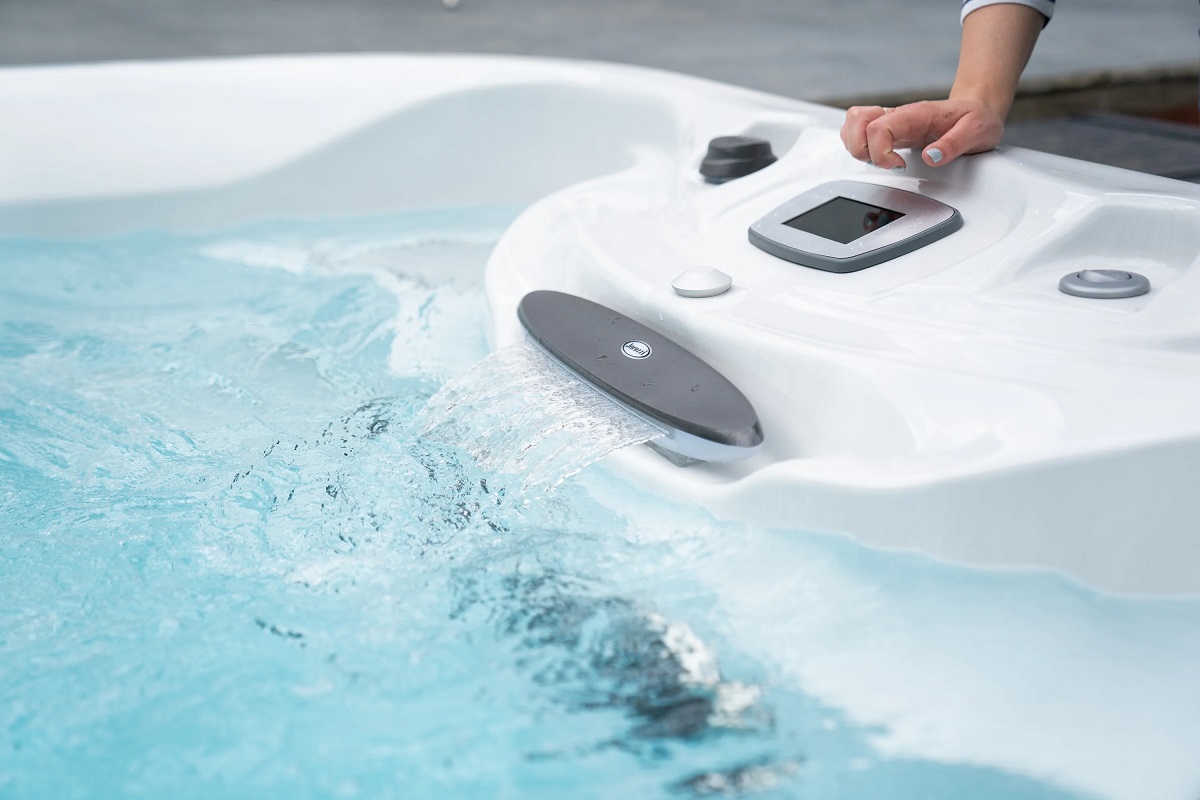

Pool & Spa Care
Why Does My Hot Tub Keep Turning Off
Modified: February 26, 2024
Discover the reasons why your hot tub keeps turning off and find solutions for maintaining it with expert pool and spa care tips. Keep your hot tub running smoothly!
(Many of the links in this article redirect to a specific reviewed product. Your purchase of these products through affiliate links helps to generate commission for Storables.com, at no extra cost. Learn more)
**
Introduction
**
So, you've been looking forward to a relaxing soak in your hot tub, but every time you go to use it, you find that it keeps turning off unexpectedly. It can be frustrating and puzzling, but fear not! There are several common reasons why this might be happening, and understanding these issues can help you troubleshoot and resolve the problem.
In this article, we'll delve into the potential causes of your hot tub turning off, covering everything from electrical issues to overheating, water flow problems, and sensor malfunctions. By the end, you'll have a solid understanding of what might be causing your hot tub to shut down unexpectedly, empowering you to take the necessary steps to address the issue and get your hot tub back up and running for uninterrupted relaxation.
Let's dive in and explore the possible reasons behind your hot tub's mysterious shutdowns.
**
Key Takeaways:
- Keep your hot tub running smoothly by addressing electrical issues, overheating, water flow problems, and sensor malfunctions through regular maintenance and timely repairs.
- If your hot tub keeps turning off, check for stable power supply, maintain proper water circulation, clean filters, and calibrate sensors to ensure uninterrupted relaxation.
Read more: Why Does My Hot Tub Keep Running
Electrical Issues
**
One of the most common reasons for a hot tub to keep turning off is electrical issues. Several components related to the electrical system could be causing the problem.
First and foremost, it’s crucial to check the power supply to your hot tub. Ensure that the power source is stable and that there are no fluctuations or interruptions in the electrical supply. If the power source is unstable, it can lead to the hot tub shutting off unexpectedly. Additionally, inspect the circuit breaker or fuse box to see if there are any tripped breakers or blown fuses. A tripped breaker or blown fuse could be the culprit behind the repeated shutdowns.
Another electrical component to examine is the wiring within the hot tub. Over time, wiring can become frayed, damaged, or corroded, leading to electrical issues that cause the hot tub to turn off. It’s essential to have a professional electrician inspect the wiring to identify and address any potential problems.
Furthermore, the hot tub’s control panel and circuit board should be inspected for any signs of malfunction. Faulty control panels or circuit boards can disrupt the proper functioning of the hot tub, resulting in unexpected shutdowns. If any issues are detected, it’s advisable to seek the expertise of a qualified technician to diagnose and rectify the problem.
By addressing these electrical issues, you can eliminate potential causes of your hot tub turning off and ensure that the electrical system operates smoothly, allowing you to enjoy uninterrupted relaxation in your hot tub.
**
Overheating
**
Another common issue that can cause a hot tub to keep turning off is overheating. Hot tubs are designed to operate within a specific temperature range, and when the water temperature exceeds this range, the system may shut off as a safety precaution.
One potential cause of overheating is a malfunctioning thermostat. If the thermostat is not functioning correctly, it may inaccurately read the water temperature, leading to overheating and subsequent shutdowns. In such cases, it’s advisable to have the thermostat inspected and, if necessary, replaced by a qualified technician.
Additionally, insufficient water flow or circulation can contribute to overheating. When water flow is restricted or inadequate, the heat generated by the hot tub’s components may not dissipate effectively, causing the water temperature to rise excessively. This can trigger the hot tub’s safety mechanisms, resulting in automatic shutdowns to prevent damage to the system.
Another factor to consider is the ambient temperature and sun exposure. If the hot tub is located in an area where it is consistently exposed to direct sunlight or high ambient temperatures, the water temperature may elevate beyond the recommended range. In such scenarios, implementing measures to provide shade or regulate the surrounding temperature can help mitigate overheating issues.
Regular maintenance of the hot tub’s filtration system and ensuring that the water chemistry is balanced are essential for preventing overheating. Clean filters and balanced water chemistry promote efficient water circulation and heat dissipation, reducing the likelihood of overheating and unexpected shutdowns.
By addressing potential causes of overheating and implementing preventive measures, you can optimize the hot tub’s temperature regulation, ensuring that it remains within the safe operating range and minimizing the occurrence of shutdowns due to overheating.
**
Check the water level in your hot tub. If it’s too low, the safety feature may be turning off the tub. Refill to the proper level and see if that solves the issue.
Water Flow Problems
**
Issues related to water flow can also contribute to a hot tub repeatedly turning off. Adequate water flow is essential for the proper functioning of the hot tub’s components, and any impediments to water circulation can lead to shutdowns and operational issues.
One common cause of water flow problems is clogged or dirty filters. Over time, hot tub filters can become clogged with debris, dirt, and other contaminants, impeding water flow and straining the system. Regularly cleaning or replacing the filters is crucial for maintaining optimal water flow and preventing shutdowns caused by restricted circulation.
In addition to filter maintenance, it’s important to inspect the hot tub’s plumbing for any obstructions or blockages. Accumulated debris, mineral deposits, or foreign objects within the plumbing can disrupt water flow, leading to inadequate circulation and potential overheating. Thoroughly inspecting and clearing the plumbing system can help alleviate water flow issues and prevent unexpected shutdowns.
The water pump is another critical component to evaluate when addressing water flow problems. A malfunctioning or inefficient water pump can hinder proper water circulation, impacting the performance of the hot tub and triggering automatic shutdowns. Regular maintenance and inspection of the water pump, including lubrication and cleaning, can help sustain optimal water flow and prevent disruptions in operation.
Furthermore, airlocks within the plumbing system can impede water flow and lead to shutdowns. Airlocks occur when pockets of air become trapped in the plumbing, hindering the movement of water. Bleeding the air from the system and ensuring proper priming of the pump can help eliminate airlocks and restore smooth water flow within the hot tub.
By addressing water flow problems through proactive maintenance, regular cleaning, and diligent inspection of the filtration system, plumbing, and water pump, you can mitigate the risk of shutdowns caused by inadequate water circulation, promoting the uninterrupted enjoyment of your hot tub.
**
Sensor Malfunction
**
A malfunctioning sensor can be a significant contributor to a hot tub repeatedly turning off. Hot tubs are equipped with various sensors that monitor crucial parameters such as water temperature, water level, and pressure. When these sensors fail or provide inaccurate readings, it can prompt the system to shut down as a safety measure.
The water temperature sensor, also known as the thermocouple, plays a pivotal role in regulating the hot tub’s temperature. If the sensor is faulty or coated with mineral deposits or residue, it may relay incorrect temperature data to the control system, leading to erratic operation and potential shutdowns. Regular inspection and cleaning of the temperature sensor can help maintain its accuracy and prevent disruptions in the hot tub’s operation.
Similarly, the water level sensor is responsible for detecting the water level within the hot tub. A malfunctioning water level sensor can result in erroneous water level readings, triggering the system to shut off due to perceived water level irregularities. Ensuring that the water level sensor is clean, properly calibrated, and free from obstructions is essential for preventing shutdowns related to water level discrepancies.
Pressure sensors, commonly found in modern hot tubs, monitor water flow and pressure within the system. If these sensors encounter issues such as calibration errors, damage, or signal interference, they may relay inaccurate data, leading to disruptions in water flow and potential shutdowns. Regular calibration and inspection of pressure sensors can help maintain their functionality and prevent shutdowns associated with water flow irregularities.
Furthermore, electronic control board malfunctions can impact the overall performance of the sensors and lead to shutdowns. The control board serves as the central command unit for the hot tub’s sensors and components, and any faults or malfunctions within the board can compromise sensor accuracy and system operation. Professional diagnosis and repair of control board issues are crucial for addressing sensor-related shutdowns.
By addressing sensor malfunctions through regular maintenance, cleaning, and calibration, you can optimize the accuracy and reliability of the hot tub’s sensors, minimizing the occurrence of shutdowns and ensuring consistent, uninterrupted operation.
**
Read more: Why Does My Projector Keeps Turning Off
Conclusion
**
Experiencing repeated shutdowns with your hot tub can be a frustrating and perplexing situation, but understanding the potential causes can empower you to address the issues effectively. From electrical issues to overheating, water flow problems, and sensor malfunctions, various factors can contribute to your hot tub turning off unexpectedly.
When troubleshooting electrical issues, it’s essential to ensure a stable power supply, inspect the circuitry, and address any wiring or control panel malfunctions. By addressing these electrical concerns, you can establish a reliable power system for your hot tub, minimizing the likelihood of unexpected shutdowns.
Overheating can be a common culprit behind hot tub shutdowns, often stemming from thermostat malfunctions, inadequate water flow, or environmental factors. By maintaining the thermostat, promoting proper water circulation, and regulating ambient conditions, you can mitigate the risk of overheating-related shutdowns and sustain optimal hot tub performance.
Water flow problems, such as clogged filters, plumbing obstructions, and pump inefficiencies, can disrupt the circulation within the hot tub, leading to shutdowns. Regular maintenance of the filtration system, plumbing inspection, and pump care are essential for ensuring unimpeded water flow and preventing shutdowns associated with circulation issues.
Finally, sensor malfunctions, including inaccuracies in temperature, water level, and pressure readings, can prompt the hot tub to shut down as a safety measure. By maintaining and calibrating the sensors, as well as addressing control board issues, you can enhance the accuracy of sensor data and minimize shutdowns related to sensor malfunctions.
By addressing these potential causes of hot tub shutdowns through proactive maintenance, regular inspections, and timely repairs, you can optimize the performance and reliability of your hot tub, ensuring uninterrupted enjoyment and relaxation.
Remember, if you encounter persistent or complex issues with your hot tub, seeking the expertise of qualified technicians and professionals can provide valuable insights and solutions to keep your hot tub running smoothly for years to come.
Frequently Asked Questions about Why Does My Hot Tub Keep Turning Off
Was this page helpful?
At Storables.com, we guarantee accurate and reliable information. Our content, validated by Expert Board Contributors, is crafted following stringent Editorial Policies. We're committed to providing you with well-researched, expert-backed insights for all your informational needs.
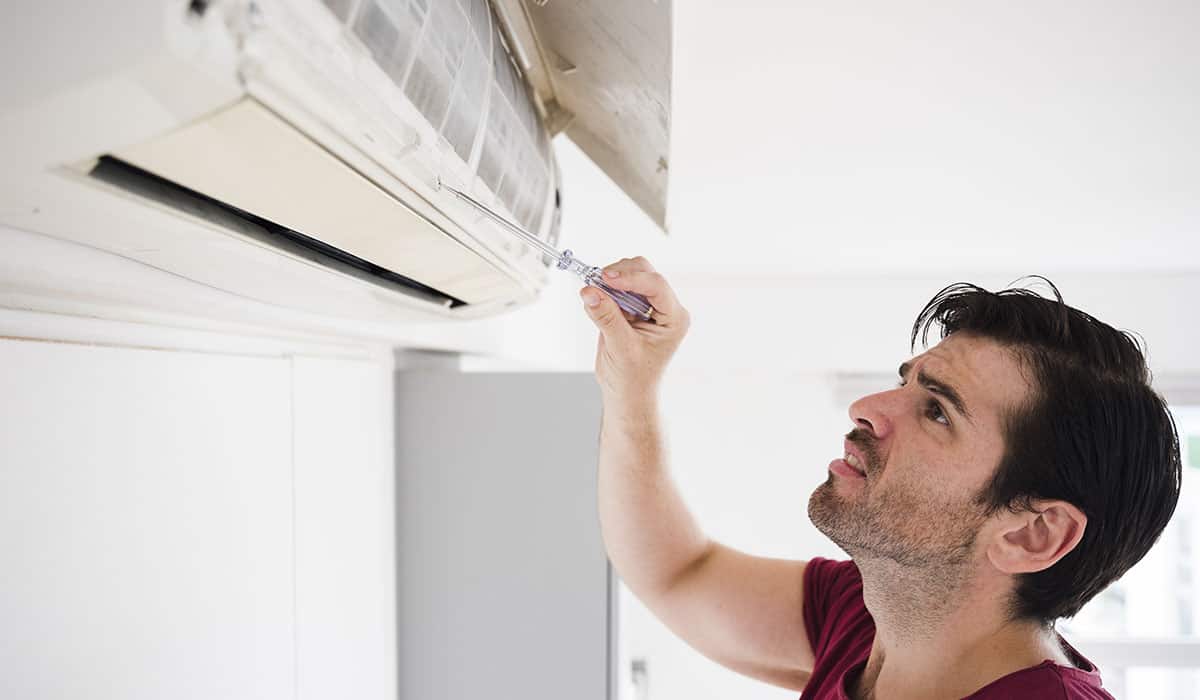

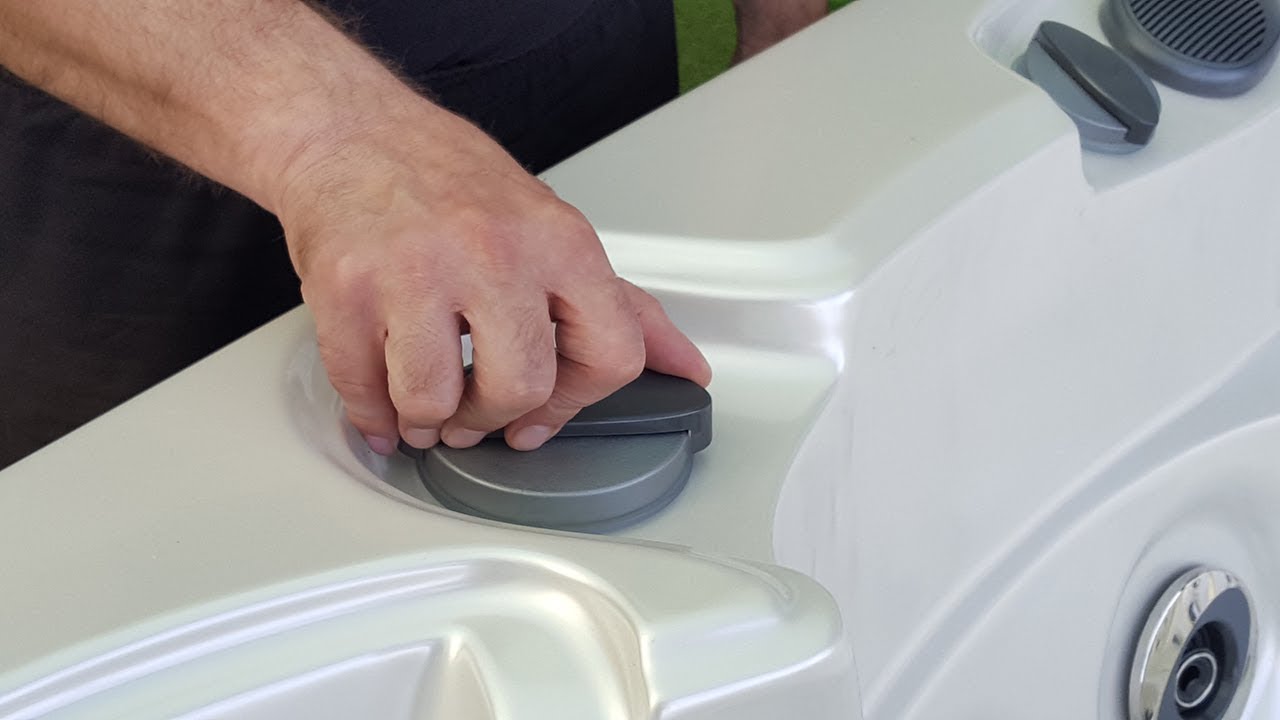
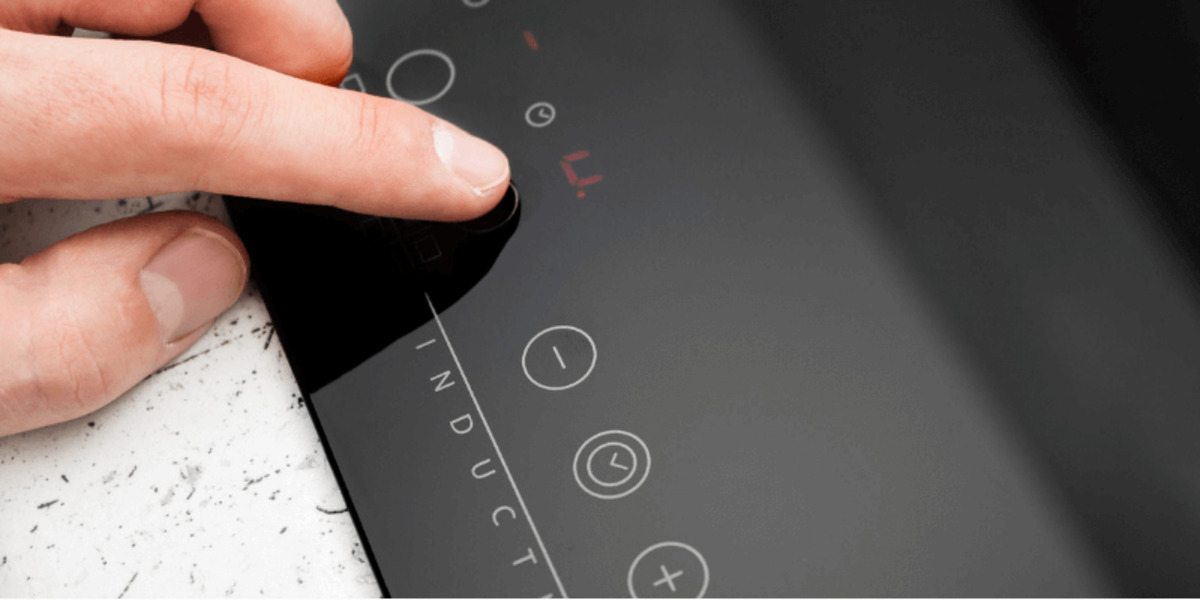
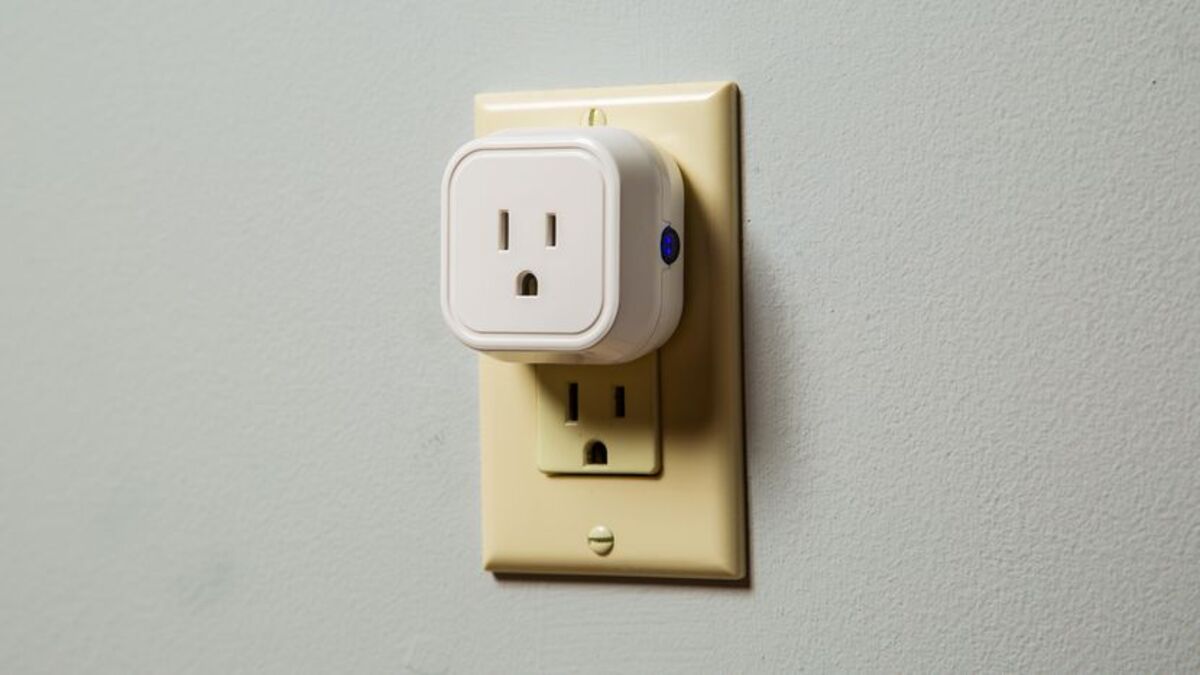
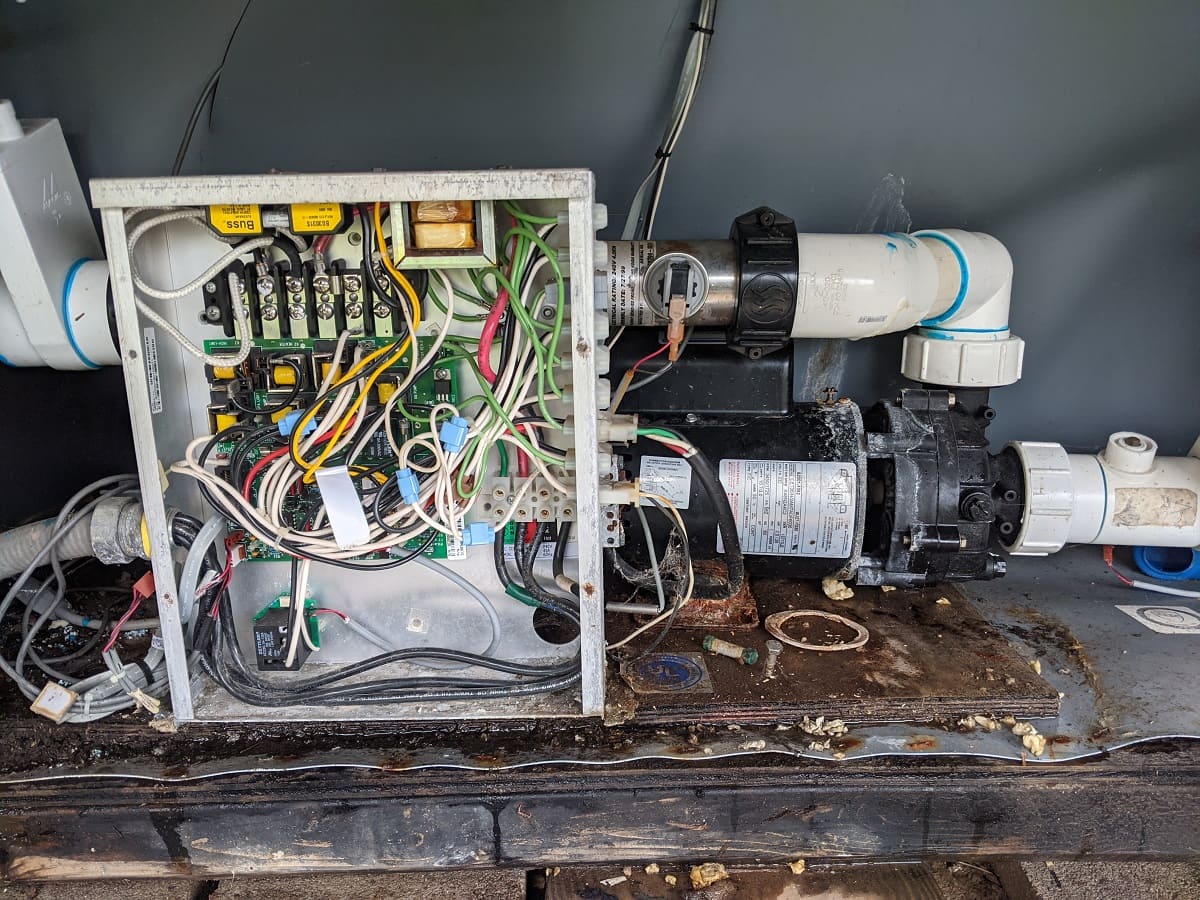
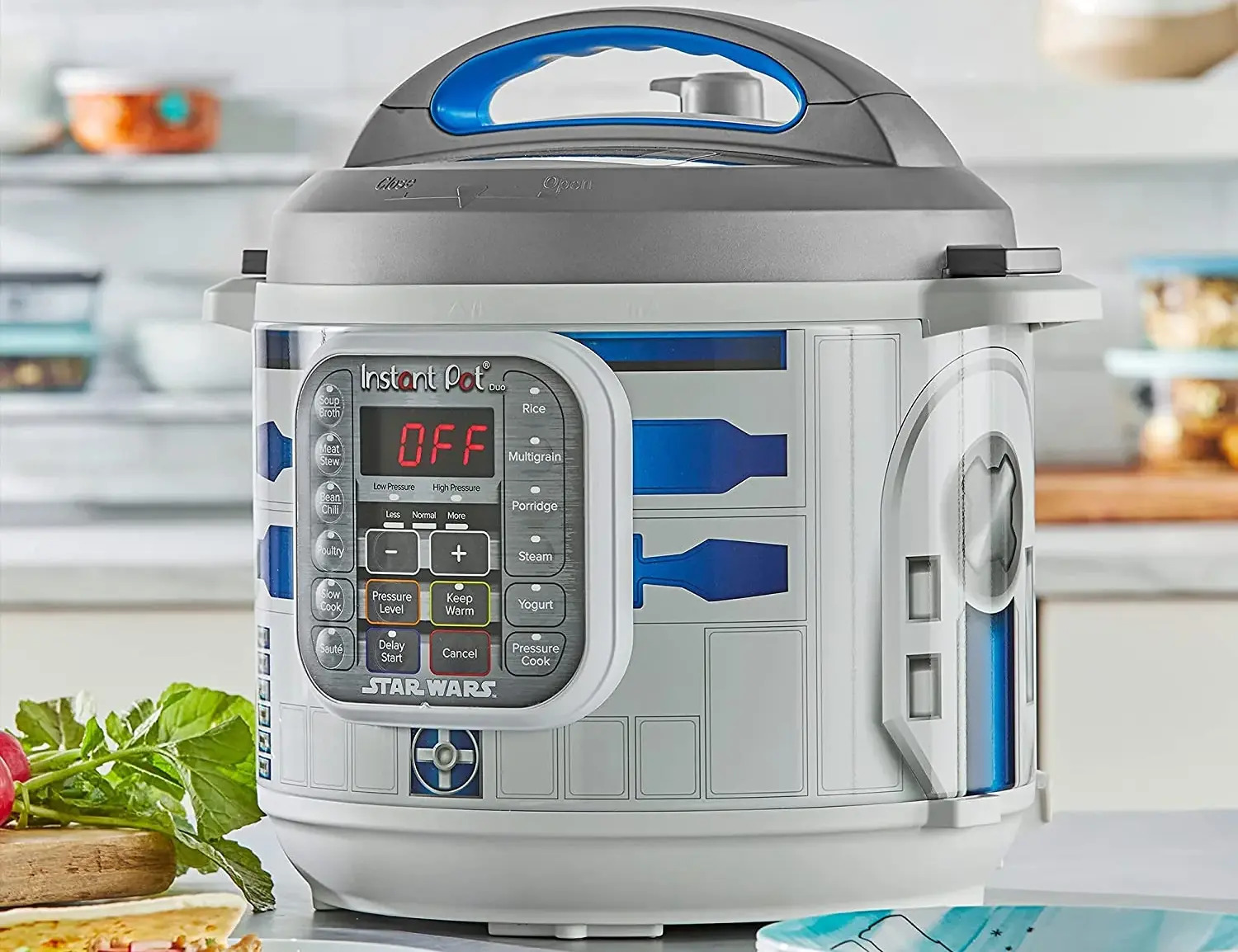
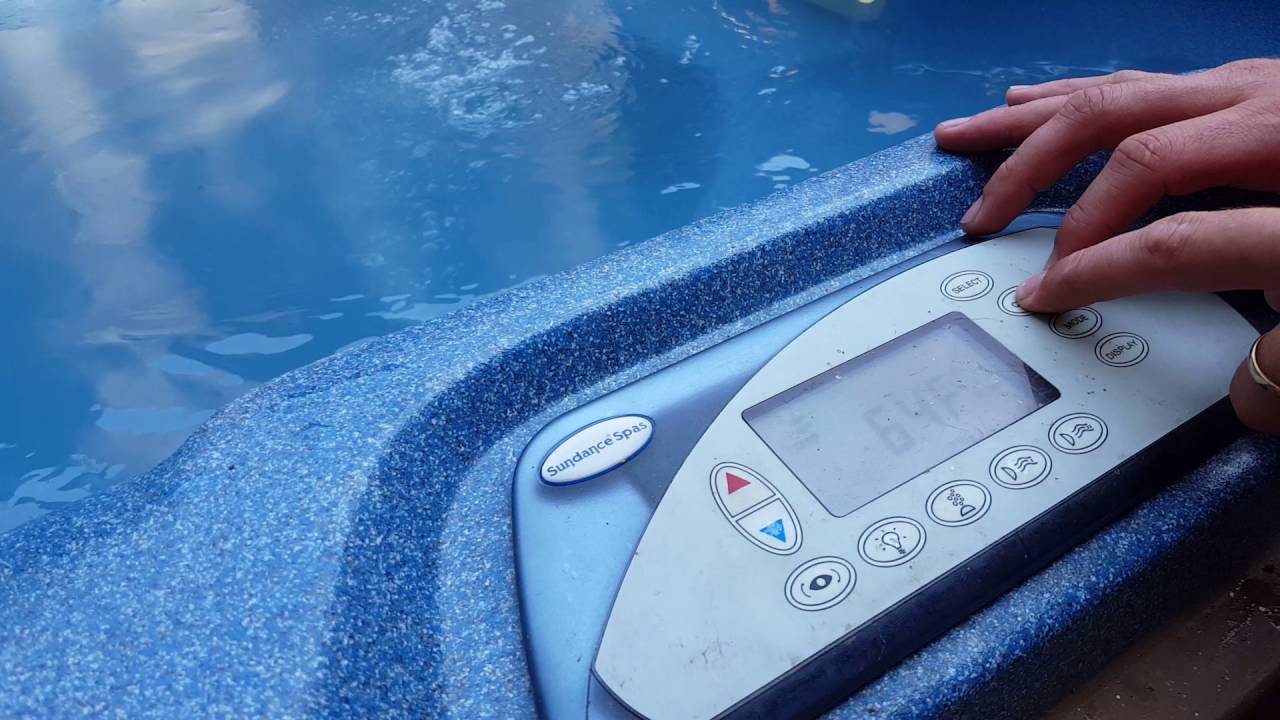
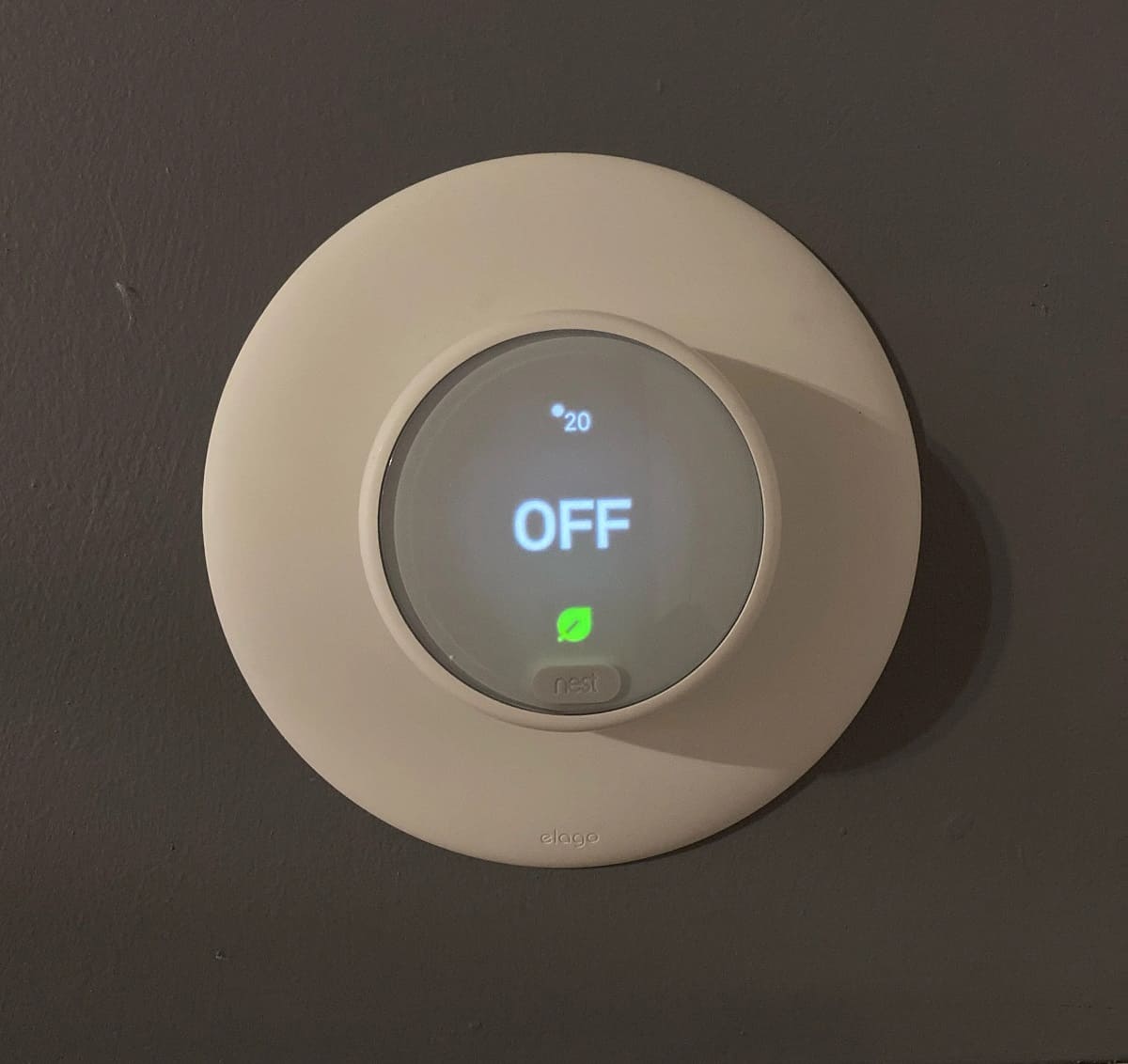
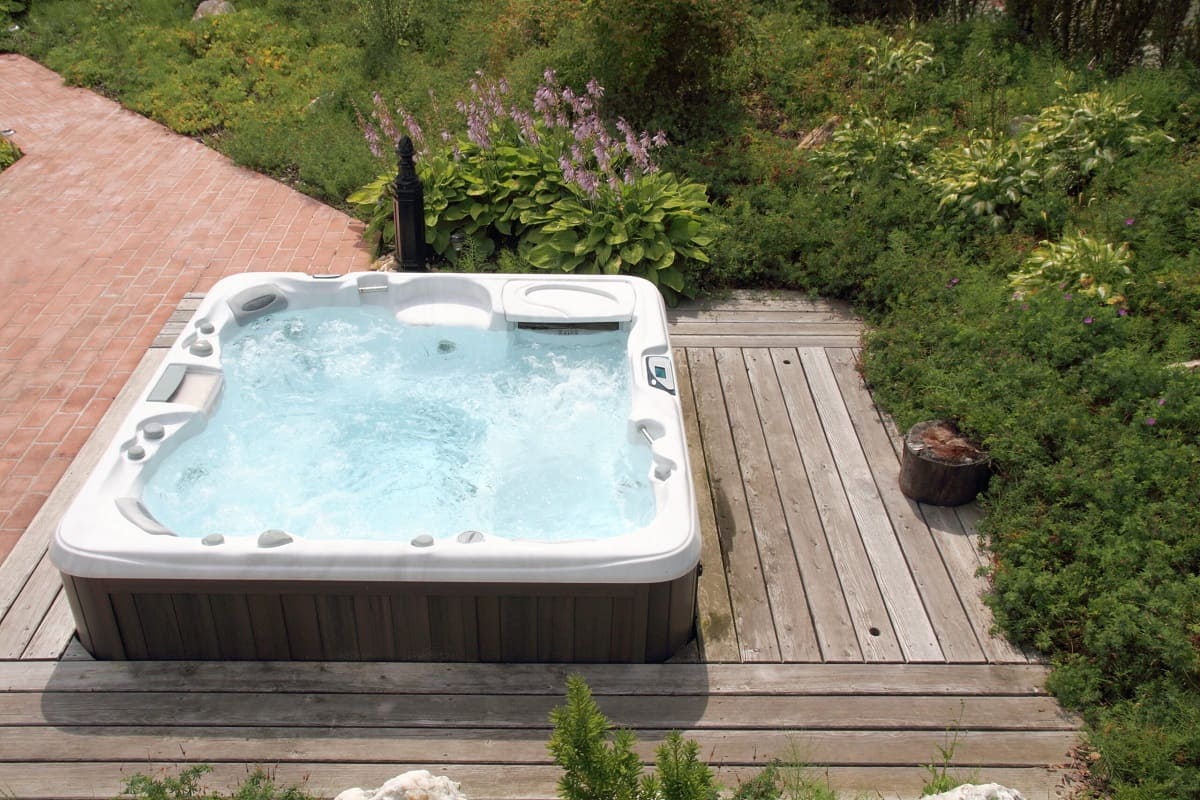
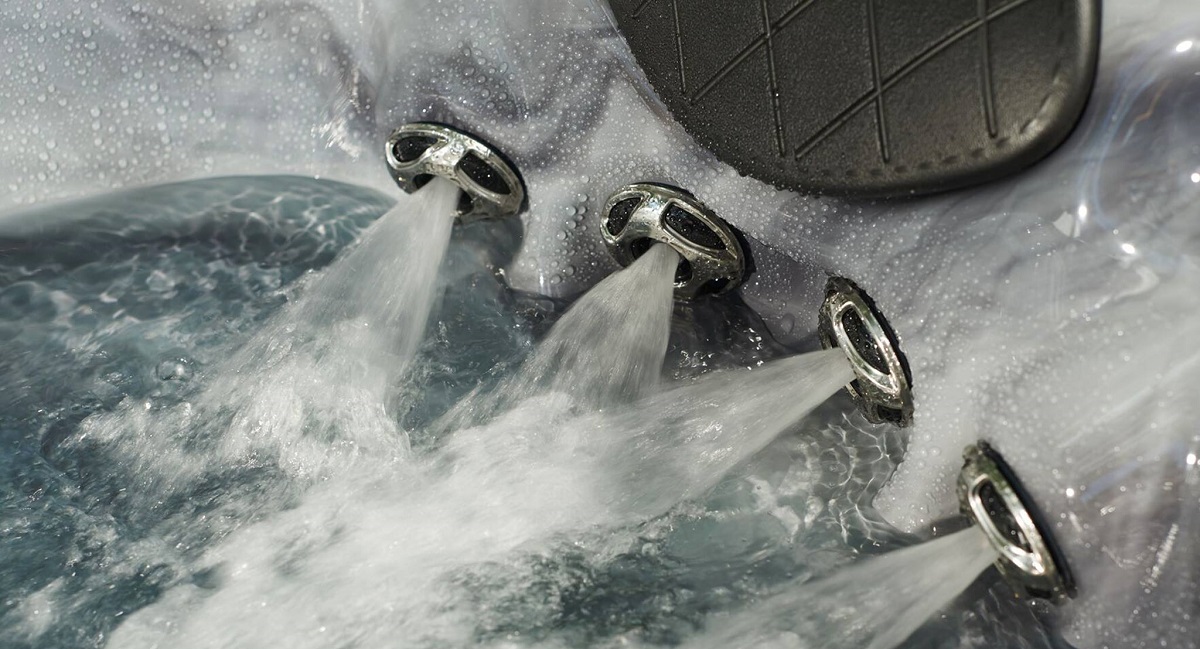
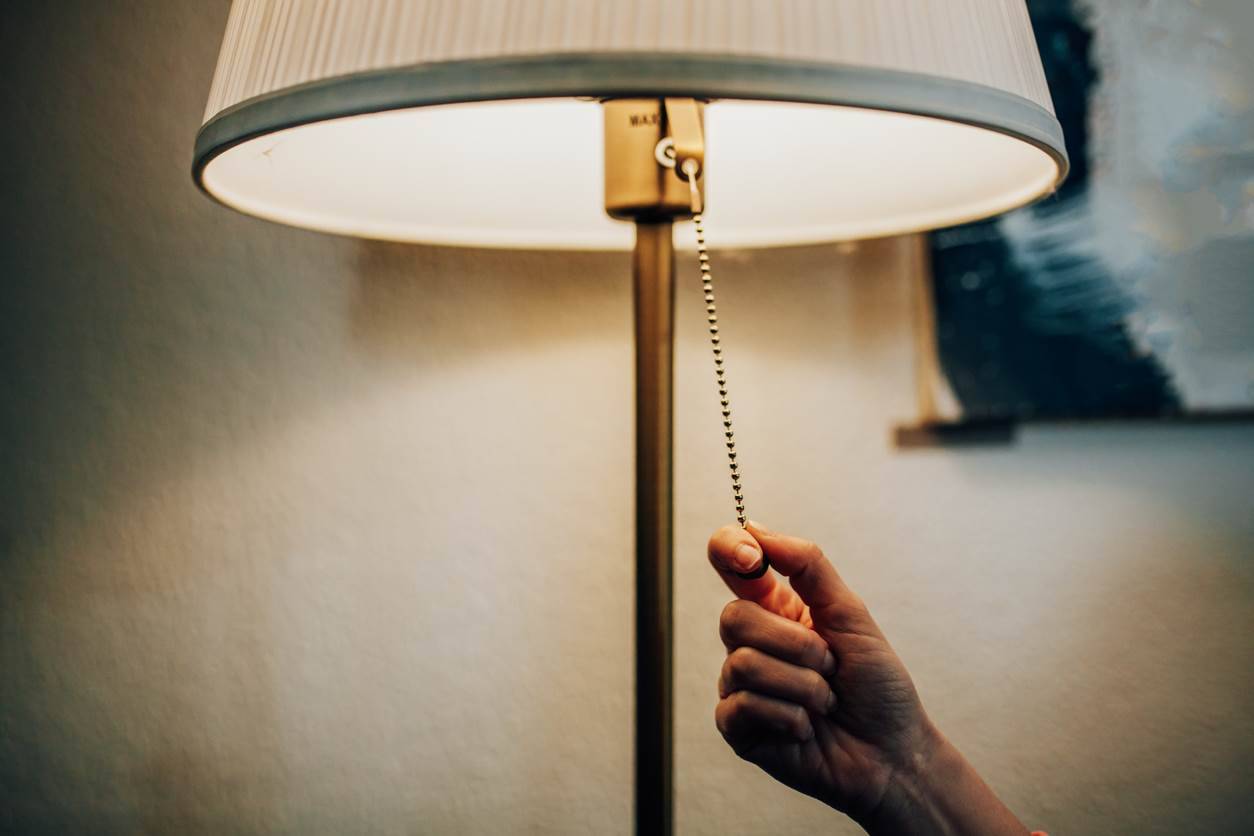
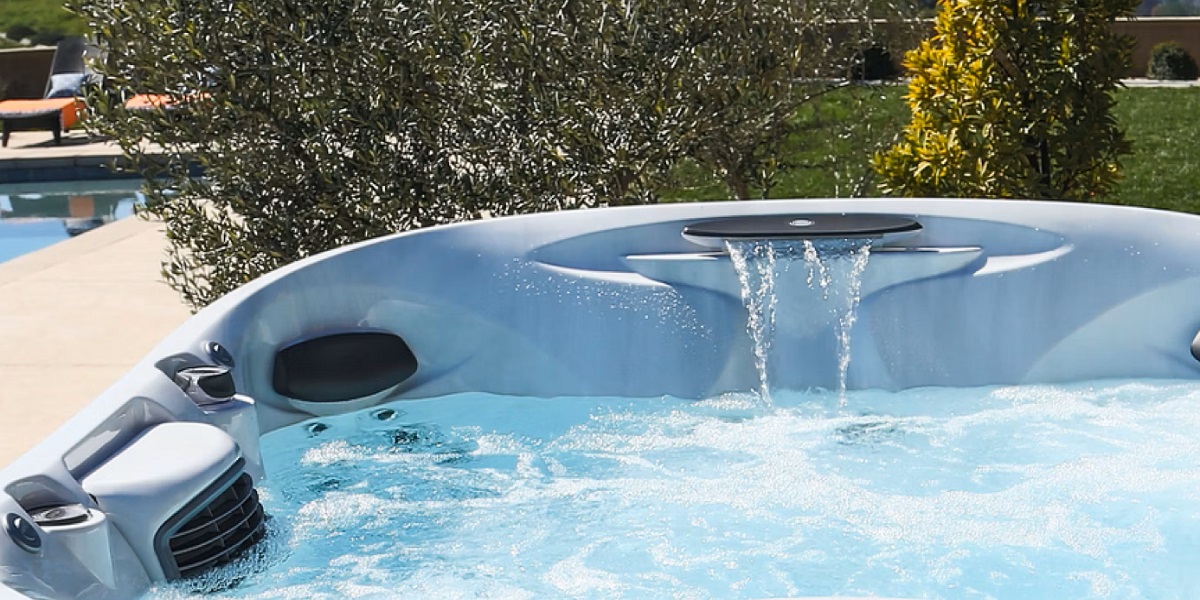
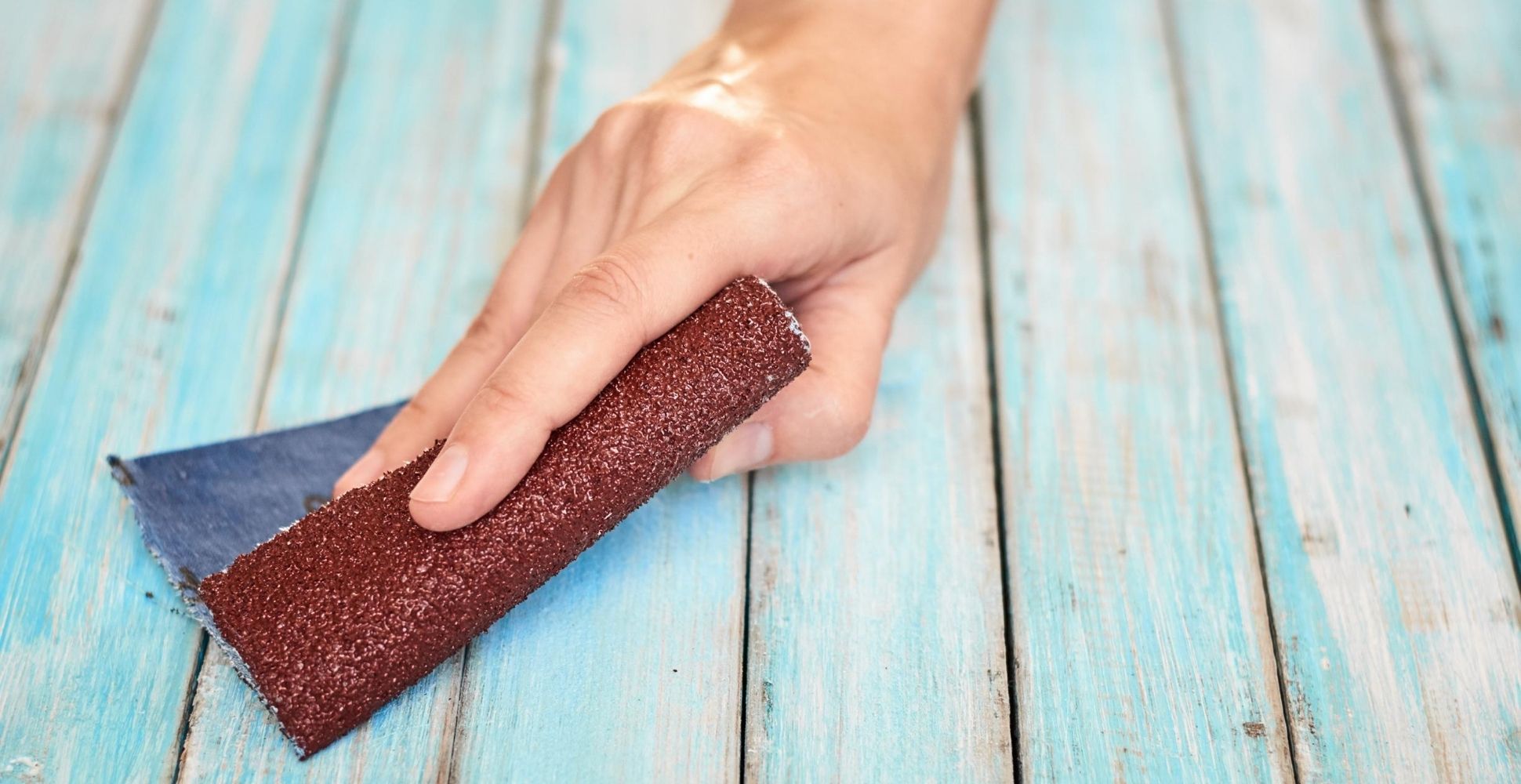

0 thoughts on “Why Does My Hot Tub Keep Turning Off”